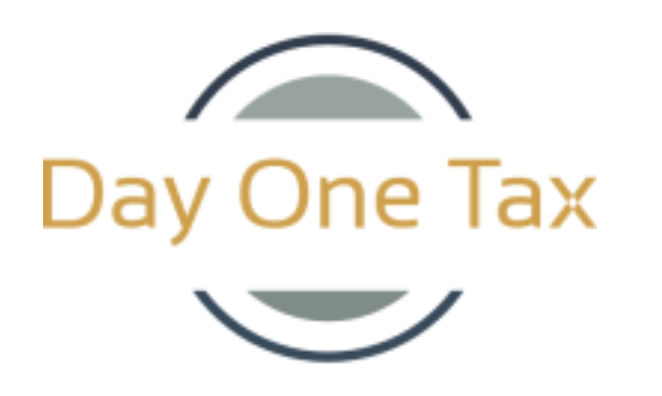What is an Small and medium sized-enterprise (SME)?
Most of enterprises in Japan are small and medium-sized enterprises. And there are some tax benefits for SMEs. But some people are not sure what SMEs are. Of course, SMEs are defined by tax rules. Actually, ‘Corporation income tax law’ and ‘Act on special measures concerning taxation’ define SMEs separately so it is important to know both of them because each law has different benefits for SMEs.

SMEs under ‘Corporation income tax law’ (SMECs)
SMECs are defined as follows.
- An enterprise whose capital is JPY 100 million or less at the end of the fiscal year is an SMEC.
- However,
- An enterprise whose capital is JPY 100 million or less is not an SMEC when its stock is 100% owned, directly or indirectly, by an enterprise whose capital is JPY 500 million or more (Large sized-enterprise).
- An enterprise whose capital is JPY 100 million or less is not an SMEC when its stock is 100% owned, directly or indirectly, by two or more Large sized-enterprises which have perfect control relation (e.g. one enterprise perfectly controls two enterprises, then we say that the two enterprises have perfect relation).
Major tax benefits for SMECs
- Lower corporation income tax rate (15%) is applied to part of taxable income (up to JPY 8 million per year).
- Carried-forward net losses are ‘fully’ offset against future income
- Carried-back net losses available
- Entertainment expenses up to JPY 8 million per year are fully deductible
- No special tax is imposed on ‘specific family corporations’
SMEs under ‘Act on special measures concerning taxation’ (SMEAs)
SMEAs are defined as follows.
- An enterprise whose capital is JPY 100 million or less at the end of the fiscal year is an SMEA.
- However,
- An enterprise whose capital is JPY 100 million or less is not an SMEA when more than 50% of the stocks are owned by an large sized-enterprise (under the Act on special measures concerning taxation, an large sized-enterprise means an enterprise whose capital exceeds JPY 100 million or an enterprise with no stock has more than 1,000 employees).
- An enterprise whose capital is JPY 100 million or less is not an SMEA when more than two-thirds of the stocks are owned by two or more large sized-enterprises.
- An enterprise who has no stock and has 1,000 employees or less is an SMEA.
Major tax benefits for SMEAs
- Depreciable assets costing less than JPY 300,000 would be fully deductible when purchased
- Special rule for tax credits for increasing wages
- Special depreciation rules and tax credits for assets such as machinery, software, and vehicles.
Also, some of the benefits above are relating to blue tax. Read Blue return.
